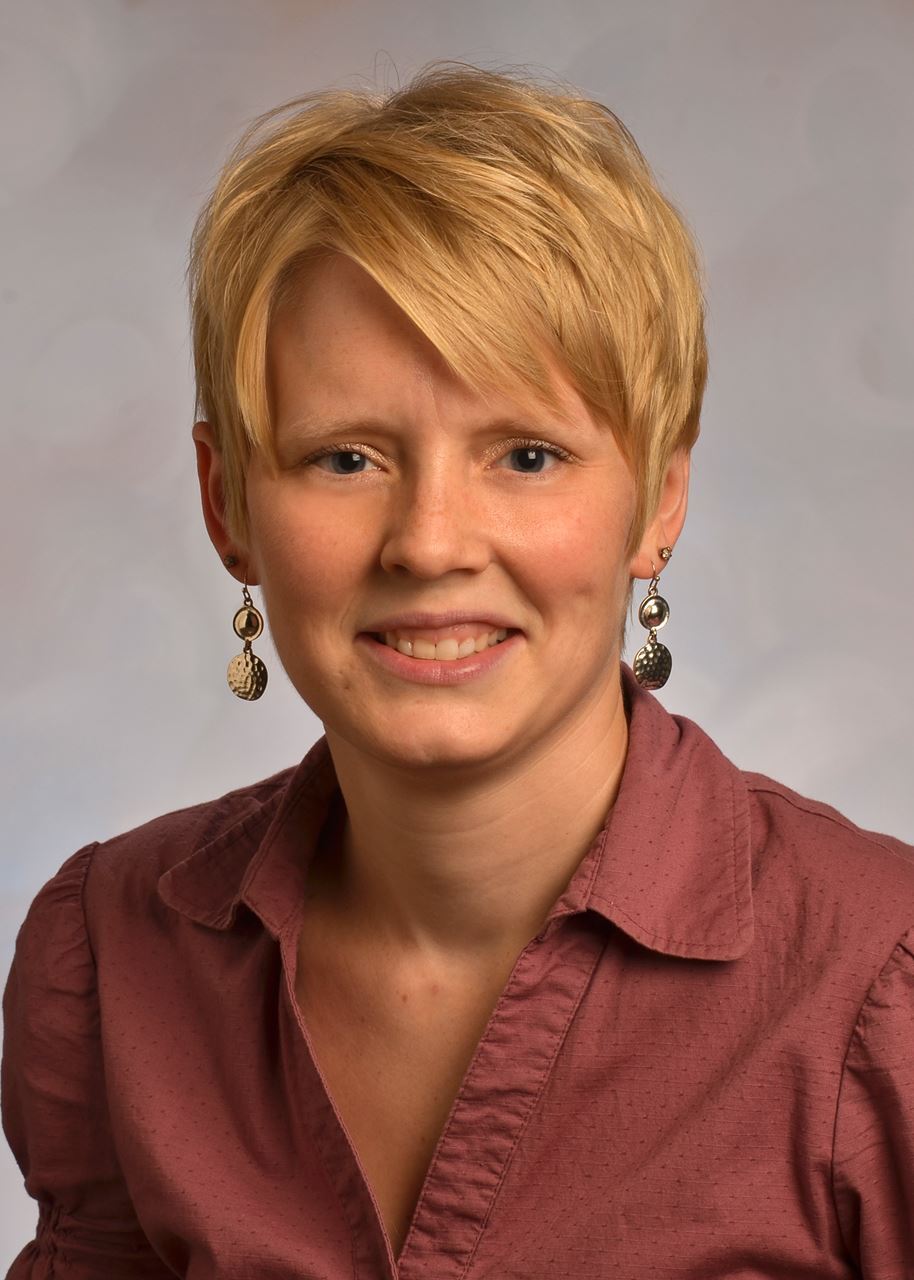2016-2017 (Track A)
Support a New Scholar Awardee:
Joy Hancock

Brief Bio
Joy Hancock is a fourth-year doctoral student in Modern Foreign Languages and Literatures at the University of Tennessee. Before entering her current program, Joy received a Modern Language Combination B.A. at the University of Central Florida (2002-2006). She also completed an M.A. in Modern Foreign Languages and Literatures at the University of Tennessee (2008-2010). Her research focuses on ice metaphors in early 20th-century German speculative texts. Joy’s dissertation project, Blood and Snow: Conservative Nationalism and Ice Spaces in Weimar Germany’s Science Fiction, examines bizarre “technical utopian novels” published in Germany between 1918 and 1933. The project centers on the role of literary ice as the “reimagined” conservative battlefield in 1920s science fiction. In addition to her research, Joy is a Graduate Teaching Assistant in German and has traveled all over the world. She is thrilled to be extended the SFRA Support A New Scholar sponsorship and looks forward to increasing her participation in the academic science fiction community.
Research Summary
Joy Hancock’s dissertation, Blood and Snow: Conservative Nationalism and Ice Spaces in Weimar Germany’s Science Fiction, focuses on a fascinating speculative genre. Pioneered by Hans Dominik, the technischer Zukunftsroman (“technical utopian novel”) proved immensely popular in Germany’s Weimar Republic (1918-1933). The formulaic narratives feature an engineer or scientist who avenges Germany’s enemies using advanced technology. Intriguingly, the Zukunftsroman authors often utilize ice “spaces” such as the Arctic or Greenland as key narrative settings. Joy argues that these ice spaces intersect with conservative narratives of Kultur und Technik (culture and technology), two interrelated concepts that Weimar intellectuals believed could only be realized through warfare. The popularity of campy science fiction ice narratives to some extent eased the 1930s transition to National Socialism.
